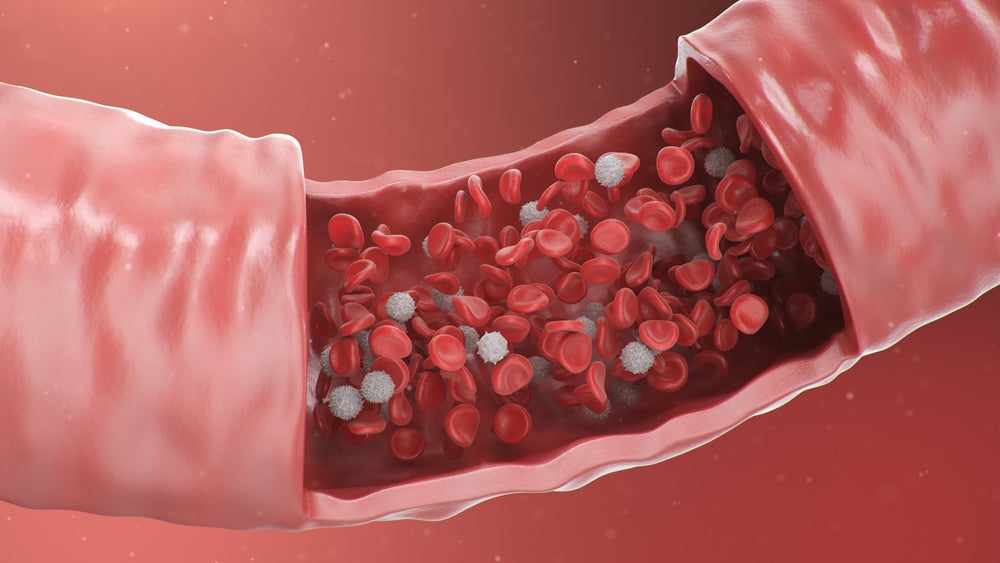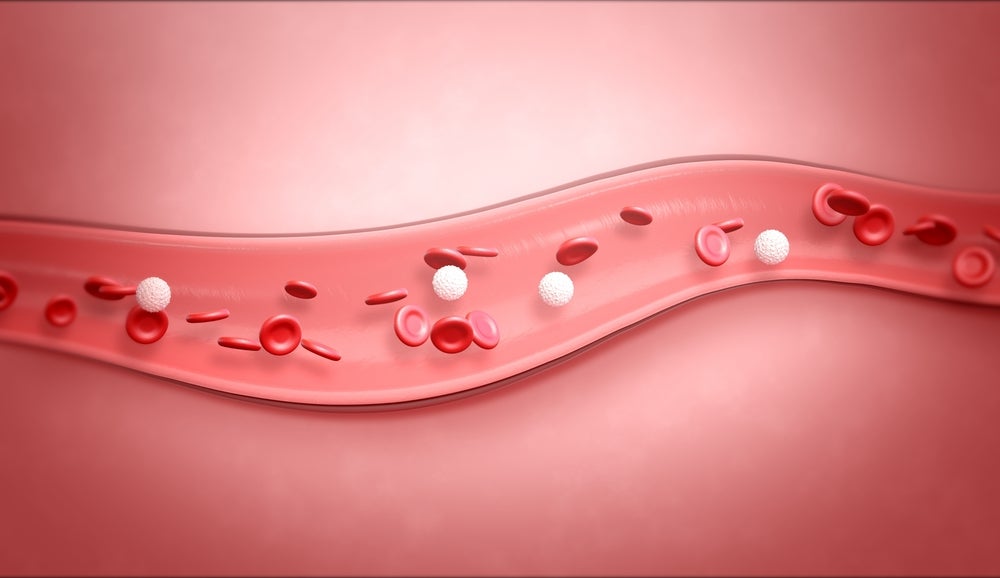
Bayer has reported positive data from the Phase IV REPLACE clinical trial of Adempas (riociguat) in adults suffering from pulmonary arterial hypertension (PAH).
During the study, intermediate-risk PAH patients switched to Bayer’s drug after failing to achieve sufficient response to phosphodiesterase-5 inhibitor (PDE5i) therapy.
The trial met its primary endpoint, with 41% of patients who transitioned to Adempas therapy experiencing clinical improvement in the absence of clinical worsening, versus 20% of those on the PDE5i therapy.
REPLACE is a 24-week prospective global, multi-centre, double-arm, randomised, controlled, open-label trial performed in a total of 226 patients at 81 sites in 22 countries.
The most common adverse events (AEs) during the trial were generally consistent with those observed in the pivotal PATENT study, said Bayer.
The pivotal 12-week PATENT-1 trial assessed the efficacy and safety of riociguat in adults with intermediate-risk PAH who were treatment-naïve or were pretreated with endothelin receptor antagonists (ERA) or prostanoids.
How well do you really know your competitors?
Access the most comprehensive Company Profiles on the market, powered by GlobalData. Save hours of research. Gain competitive edge.

Thank you!
Your download email will arrive shortly
Not ready to buy yet? Download a free sample
We are confident about the unique quality of our Company Profiles. However, we want you to make the most beneficial decision for your business, so we offer a free sample that you can download by submitting the below form
By GlobalDataImprovements were reported in clinically relevant endpoints, including six-minute walk distance 36m, WHO functional class, time to clinical worsening, and pulmonary vascular resistance.
In the PATENT study, the most common AEs occurring more frequently with Adempas than placebo were headache, dyspepsia/gastritis, dizziness, nausea, diarrhea, hypotension, vomiting, anemia, gastroesophageal reflux disease and constipation.
Bayer US Medical Affairs senior medical director Sameer Bansilal said: “In clinical practice, a considerable proportion of intermediate-risk patients with pulmonary arterial hypertension do not reach or maintain specific treatment goals when treated with a PDE5i-based regimen.
“It is therefore gratifying to see that 41% of REPLACE study participants attained the clinical improvement endpoint when transitioning from PDE5 inhibitor therapy to Adempas.”
In September last year, Bayer partnered with Accenture to implement the INTIENT Clinical platform for research, clinical development, pharmacovigilance and patient services.







